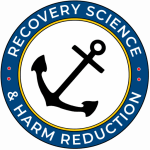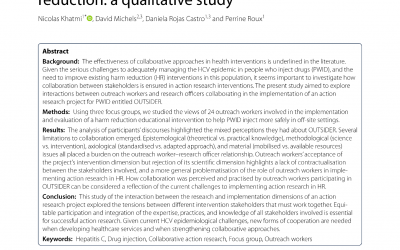Article
Bommersbach TJ, Jegede O, Stefanovics EA, Rhee TG, Rosenheck RA. Diagnostic remission of substance use disorders: Racial differences and correlates of remission in a nationally representative sample. J Subst Abuse Treat. 2022 May;136:108659.
https://doi.org/10.1016/j.jsat.2021.108659
Article Summary
Current research has indicated that racial/ethnic minority individuals and white individuals have a similar risk of developing substance use disorders. However, there is limited research examining the likelihood of diagnostic remission between racial/ethnic minority and white individuals. Using national survey data, the authors examined adults with lifetime substance use disorders and compared the proportions experiencing diagnostic remission between those who identified as racial/ethnic minorities or white.
After conducting regressions with the data, the authors determined that individuals identifying as racial/ethnic minorities were about half as likely to experience remission as those identifying as white. The authors noted that while a multitude of factors, such as socioeconomic status and gender, can contribute to this difference in remission likelihood, further research is needed to better understand why racial/ethnic minority individuals have a significantly lower likelihood of experiencing remission.


